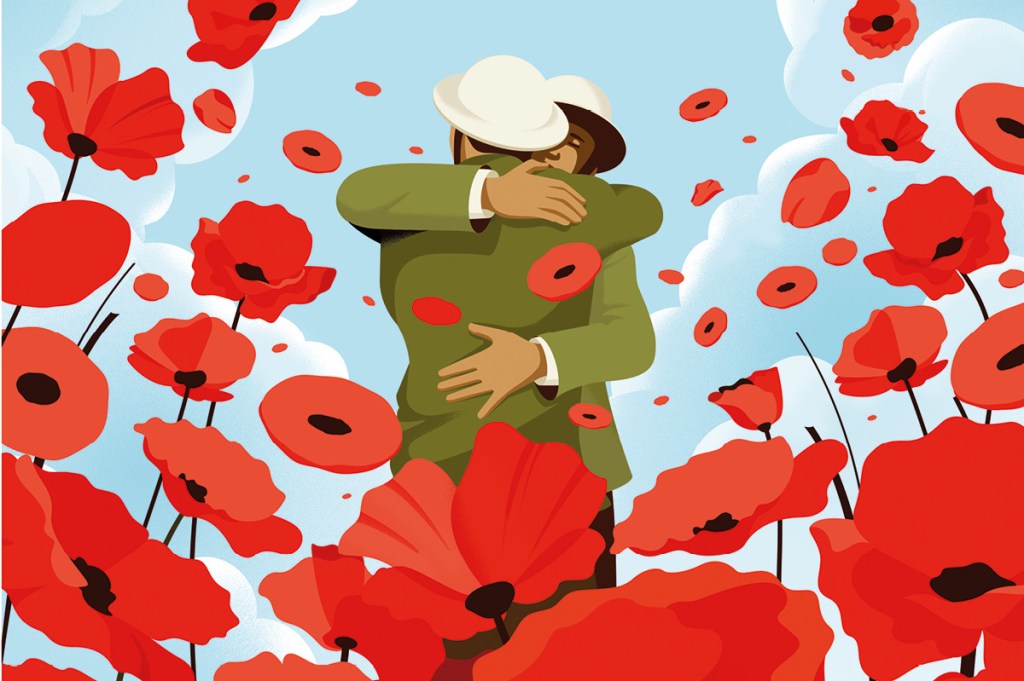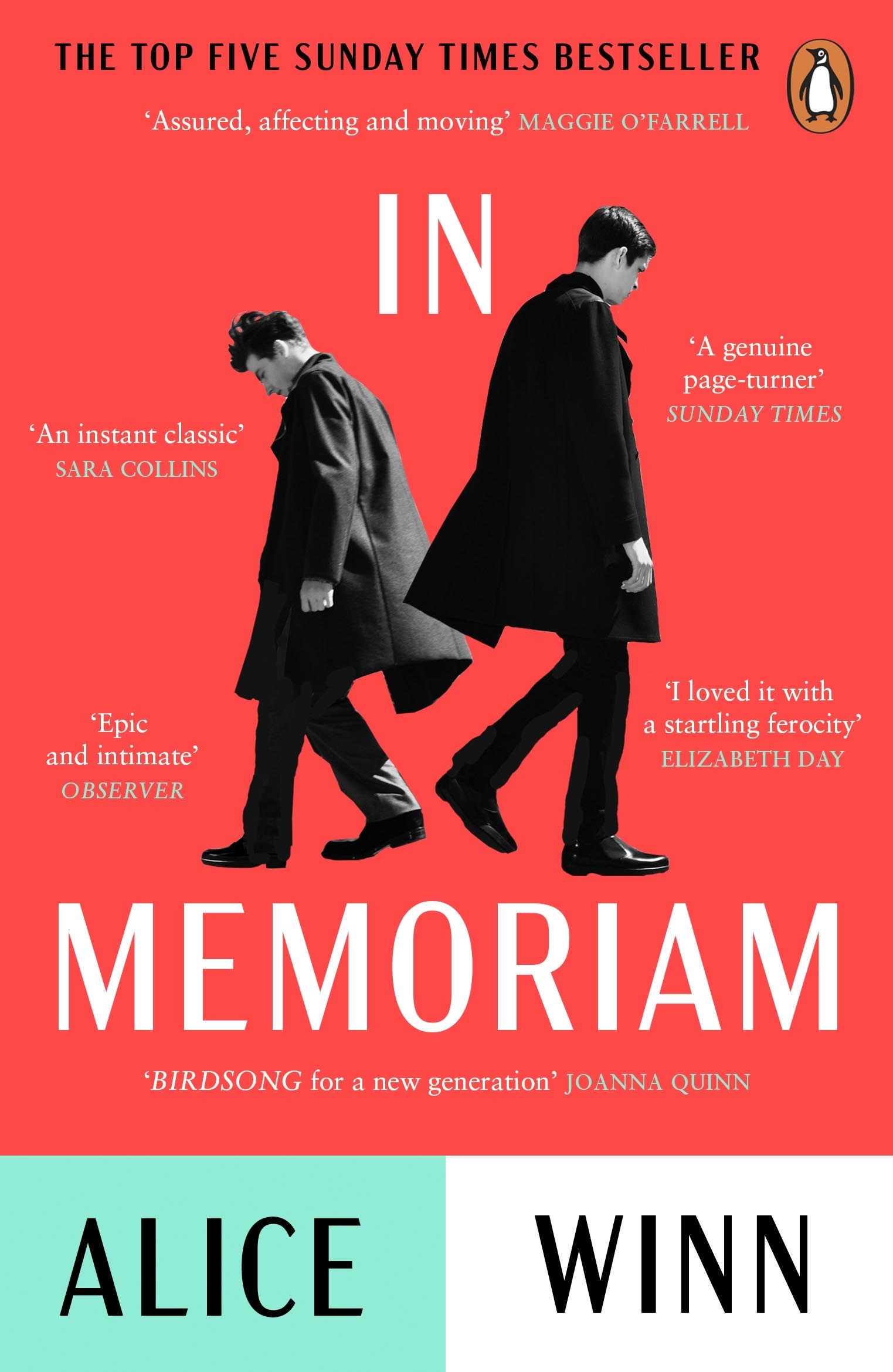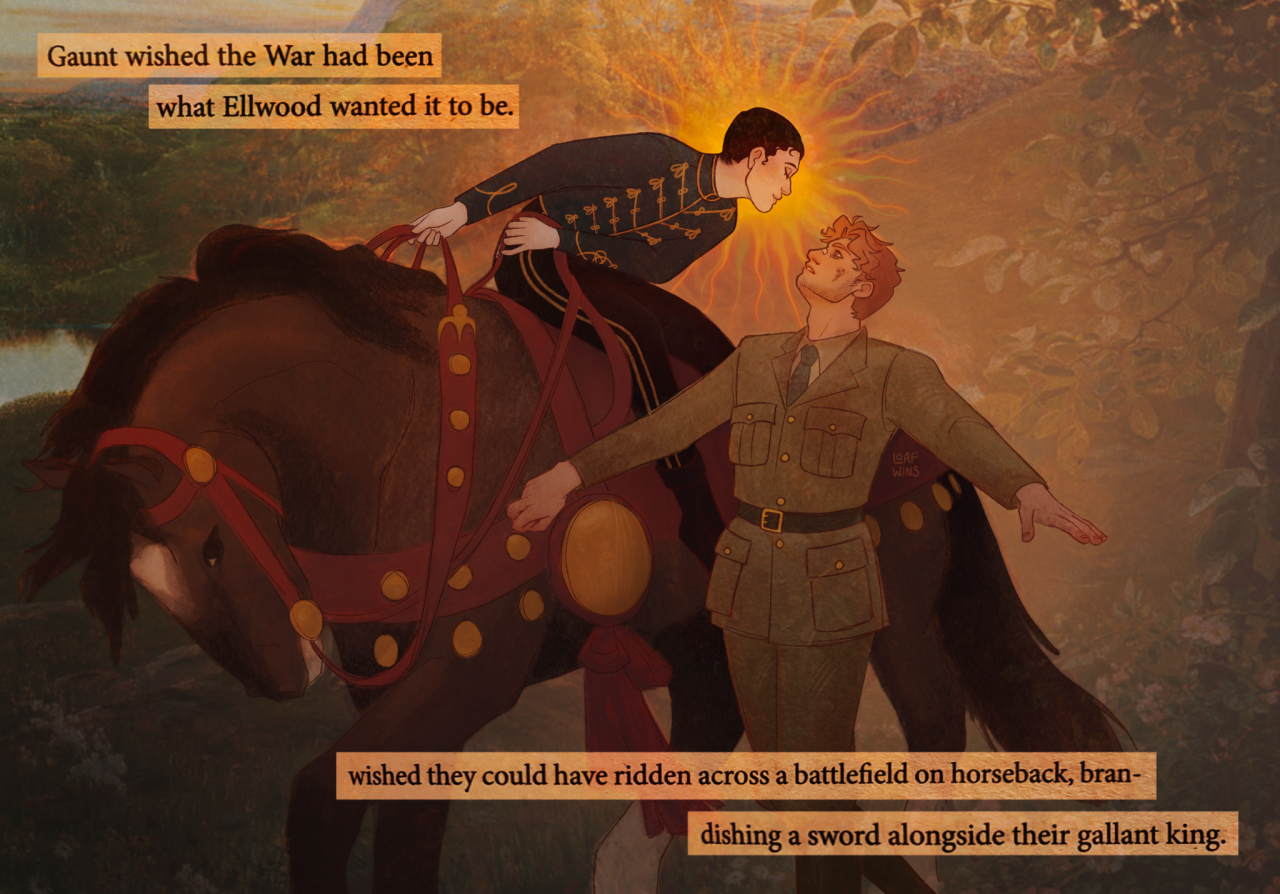In Memoriam by Alice Winn
Viking (2023)
Pp. 375
In Memoriam
is reminiscent of Atonement and Testament of
Youth as it covers the doomed generation of young men who went to war and
never returned, either because they were killed or changed irrevocably. Also
discernible are elements of Pat Barker’s Ghost Road novel, wherein, like
the WWI poetry we all studied in school with the benefit of hindsight and
distance, we can plot the way innocence, ideology and excitement turned to
disgust, betrayal, anger and frustration. Our characters transform from
schoolboys worried about their families and duty to wounded and embittered
cynics whose promise was destroyed by a class system into which they had no
input. And at its heart it is a love story between Gaunt and Ellwood, two young
men coming of age in a time when homosexuality was still illegal.
Winn writes in linear style, with sharp, clear
sentences, avoiding excessive adjectives, but with a profoundly moving poetry.
Beginning in a public school, the use of last names and lack of sentiment
suggests a world of staunch young classically educated men with notions of
empire and glory. Word of the deaths begins to reach the schoolboys back in
England – those who hadn’t lied about their age to sign up – and are reported
in their school newspaper, The Preshutian. The reports begin cheerily:
every man killed dies ‘gallantly in battle’ with a smile and a quip, proud to serve
his country. Later, after The Somme, there are just lists of the dead, and the
commentary becomes much more sombre. “After the calamity of the past four
years, we look to the future with hope, determined to make Cyril’s sacrifice,
and that of a thousand others, count towards a lasting harmony in Europe. Let
us, like the soldiers of Waterloo, have our century of peace and prosperity,
for we have paid for it in blood.”
The irony of hindsight brings poignancy to scenes and
situations. “Loos hung over them, a word he felt sure would someday have black
meaning, but now was only a whisper of dread in his stomach.” There are echoes of
Blackadder Goes Forth in the trench talk, where there is resentment of
the upper class automatically being made officers and promoted to captains,
having authority over men much older and more experienced than them. One
character exclaims bitterly, “My school didn’t train me to rule an empire”, and
when he is told they are more realistically losing an empire, another character
interjects, “What rot! Losing the empire – look at how the Gurkhas fight! They
love England just as much as we do, anyone can see that.” Meanwhile the men are
falling without class distinction in a horrifically mundane manner. “At nine,
they went over the top. West’s head was shot off before they had gone two feet.
Elwood paused to look at his brains. Pritchard had always said he didn’t have
any, but there they were, grey and throbbing and clotted with blood.”
Poetry is present in the straightforward descriptions
of the terrain, “The rain came down in ropes. They climbed quietly out of the
trenches and crawled through the poisonous, corpse-studded No Man’s Land. It
was usually silent, but tonight, the thousands of wounded groaned like a ship
in a storm.” The situation becomes so surreal that there is no equivalent
behaviour. “They did not even run, but plodded to their deaths, like – There
was no comparison. No animal on earth would have suffered it. No creature would
walk so knowingly, so hopelessly into the jaws of death.”
The section set in a prisoner of war camp is almost a
comic diversion. “It’s astonishing how well an English boarding school prepares
one for prison.” All the prisoners are bored, chatty and trying to escape,
while the guards are generally good-natured and long-suffering. “The men spent
their time galloping around the dining hall, antagonising the guards, reading
and rereading Adam Bede, and, most notably, plotting elaborate escapes.”
They are happy to assist each other, as Gaunt notes, “It was much easier to be
brave for your friends than for yourself.”

After years of erotically-charged friendship, Gaunt
and Ellwood finally admit their love for each other. “A sudden, dry bleakness spread
over Gaunt’s heart as he thought of Hercules and Hector, and all the heroes in
myth who found happiness briefly, only for it not to be the end of the story.” Gaunt
and Ellwood are subsequently separated and assume each other’s death, yet love
persists despite all, in a romance like that in The Bronze Horseman by
Paullina Simons. As in The Imitation Game, men who fought for their
country are not accepted there due to their sexuality, so many of them leave
and go to Brazil. “Gaunt thought of the darkling plain, of skating in the
winter, of crunching over frosted grass early in the morning, of bluebell
meadows in spring. There was nothing he wanted more than to spend the rest of
his life on Wiltshire country lanes, Elwood at his side. It was what he had
fought for, what his friends had died for.”
In Memoriam is Alice Winn’s debut novel. It may not be an
original topic, but it is excellently written. She writes captivatingly about
things of which she can have no first-hand experience: life in the trenches,
male sex, and English public schools with a ring of authenticity. I look forward
to her next offering.





